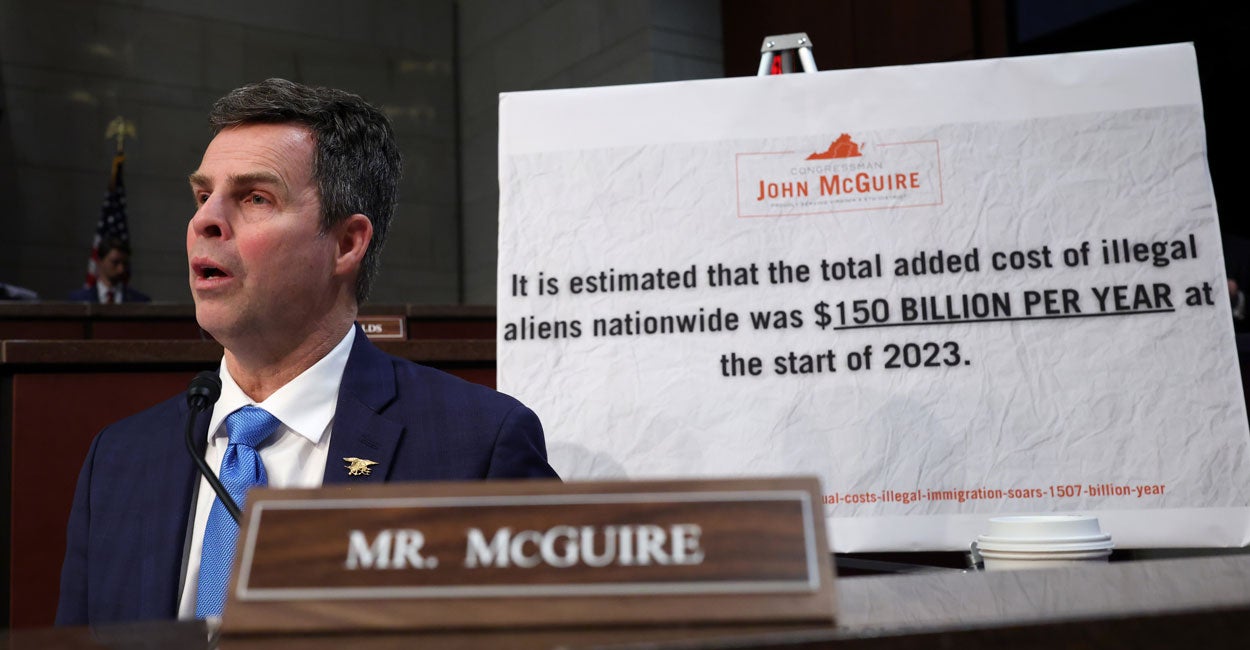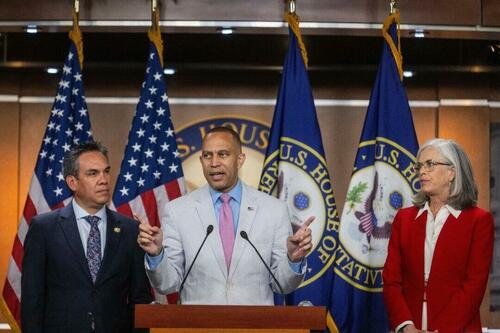Canada Advances National Digital ID With Consultants

Canada’s federal government has begun laying the groundwork for a nationwide digital ID system by turning to private consultants, sidestepping both a formal budget disclosure and parliamentary involvement.
Documents reveal that the Department of Social Development determined the scope and complexity of the project required expertise beyond what it could manage internally.
A government note dated May 20, titled Digital Credentials Issue, explained the rationale behind outsourcing the work: “Building this kind of system is complex and requires certain specialized tools and expertise we don’t have in-house. Based on international best practices, we are asking industry to help.”
The project is intended to create a digital version of government-issued documents, consolidating a patchwork of more than separate access systems into a single unified portal.
Officials claim this shift will make it easier and more secure for Canadians to access services, although they haven’t said how many people are expected to use the system.
The department emphasized that participation would not (at least, yet) be mandatory.
It also stated that privacy and security protections would be built in from the start: “More importantly, it will be built with strong features for privacy and security because Canadians deserve both convenience and confidence when dealing with their government.”
Despite these assurances, concerns around digital identity initiatives are mounting.
Previous digital ID proposals have already failed to launch. According to Blacklock’s, earlier efforts collapsed in the absence of parliamentary approval, as members of Parliament raised red flags over costs and security risks.
One such program cost taxpayers $6.4 million and aimed to digitize services for pensioners, Employment Insurance recipients, and tax filers. It was pitched as a way to streamline government interactions, but never got off the ground.
An attempt at collaboration with the World Economic Forum also failed to materialize, further casting doubt on the direction and accountability of the federal digital ID push.












